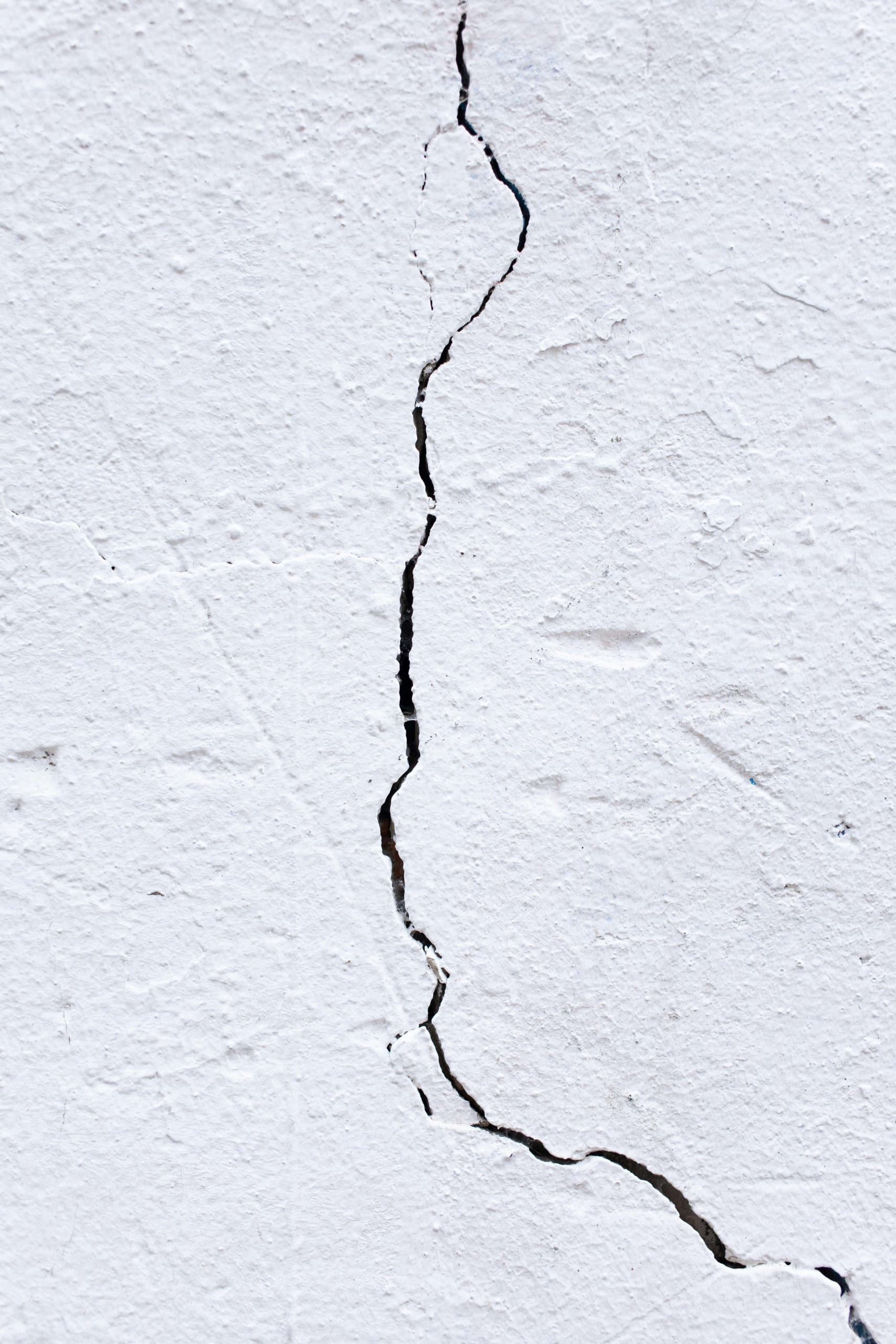Dealing with Ceiling Leaks in Student Apartments: Your Rights and Next Steps
Living in a rental property, especially as a student or intern, often means navigating unexpected issues like damages and leaks. Recently, I encountered a ceiling leak in my apartment in Atlanta during a period of heavy storms. I want to share my experience and offer guidance on how to handle similar situations—particularly regarding whether to pursue reimbursement from management or consider renter’s insurance.
The Situation
While staying in my internship accommodation here in Atlanta, I discovered water leaking from the ceiling. I promptly notified the property management to address the issue. Unfortunately, the recent severe weather caused significant water intrusion, and a substantial portion of my room was affected. The leak was severe enough to overflow the container I placed beneath it—initially deemed sufficiently sized by maintenance staff—yet the water still caused considerable damage.
Unexpected Consequences
As the leak persisted, I realized that my belongings near my workspace were impacted. Among the items damaged was my iPad, which had been stationed on or near my desk. The damage occurred overnight, and I contacted the management to request reimbursement for my device.
Management’s Response
The leasing office responded by stating they do not see a reason to cover the cost of personal belongings damaged by the leak. Instead, they directed me to file a claim with my renter’s insurance if I wanted to seek compensation. Their stance implies that the damage is not their responsibility regarding personal property, which is standard in such situations; however, the approach raises concerns about liability and appropriate steps.
Legal and Practical Considerations
Deciding whether to pursue reimbursement from your landlord or management depends on several factors:
-
Liability for the Damage: If the leak stems from neglected maintenance, you might have grounds to seek compensation. However, if the leak resulted from storm damage or unforeseen circumstances, liability may be less clear.
-
Your Renter’s Insurance: Typically, renter’s insurance can cover personal property damages due to leaks or other incidents. Yet, filing a claim could impact your record, and deductible costs may outweigh the damage’s value, especially for minor items like a tablet.
-
Documentation: It is essential to document the damage thoroughly—photos of the leak, the extent of damage, and affected items. This evidence strengthens any claim you may choose to pursue.
-
Communication with Management: Maintain clear communication with your landlord or property management. Clarify their responsibilities and your rights under local tenant



